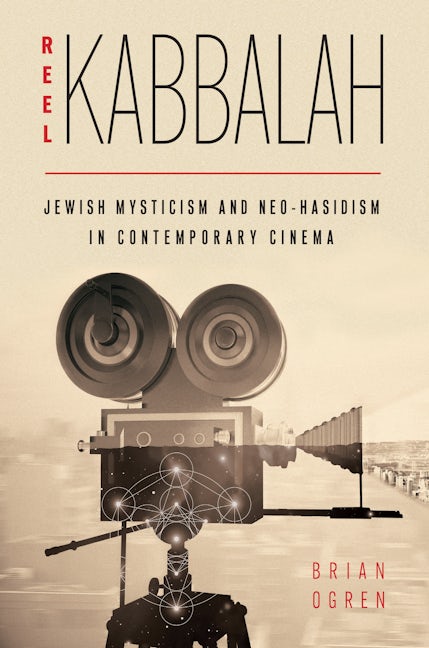In Grieving Pregnancy: Memorializing Loss in Japanese Buddhism and American Catholicism, Maureen L. Walsh compares how the two religious traditions respond ritually and discursively to miscarriage, stillbirth, and abortion experiences marked by grief for the women involved. The experience of pregnancy loss has always been a part of women’s lives, yet only recently has it garnered attention from religious leaders and scholars commensurate with its prevalence. This book examines pregnancy loss as a theological problem for both Buddhism and Catholicism and analyzes the rites and memorials that have developed to address it, such as Japanese Buddhist mizuko kuyō (water children rites) and emergent American Catholic memorial practices focused on pregnancy loss. These parallel practices have emerged within distinct religious landscapes—a fact reflected in their forms and purposes—and when considered together, they raise questions of keen interest to theological and religious studies about the goals of religious practice and the imagination of human life at its earliest stages.
Contents
Preface
1 Introduction
2 Japanese Mizuko Rites and the Buddhist Imagination of Prenatal Beings
3 Catholic Theological Anthropologies of Prenatal Life
4 Japanese Buddhism, Ritual Efficacy, and Mizuko Kuyō
5 Re-framing Pregnancy Loss Through Ritual: American Catholics Making New Memorials
6 Conclusion
Acknowledgments
Notes
Bibliography
Index












